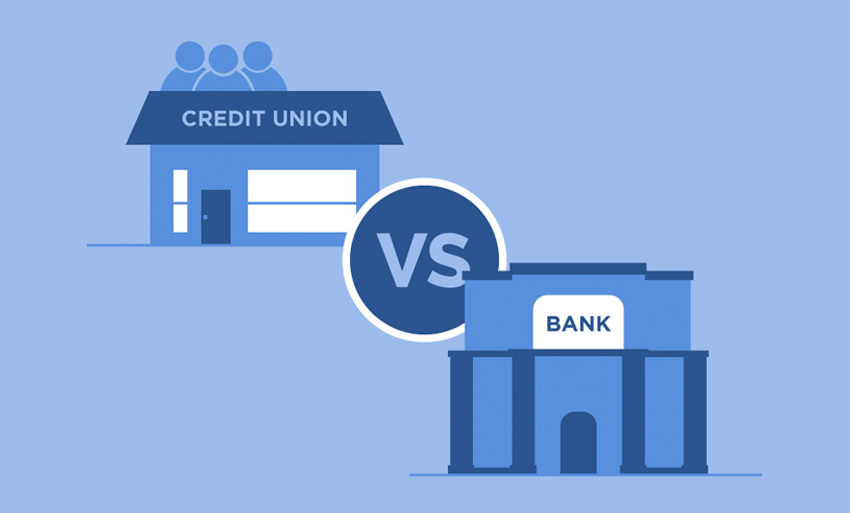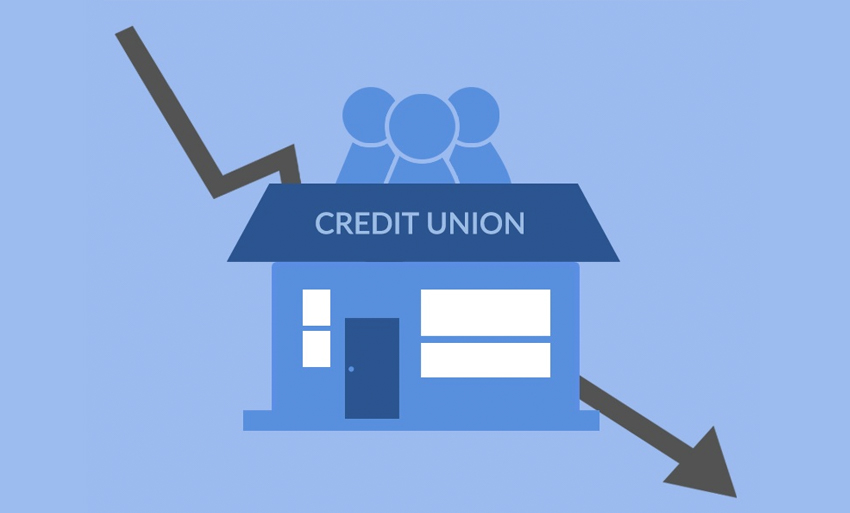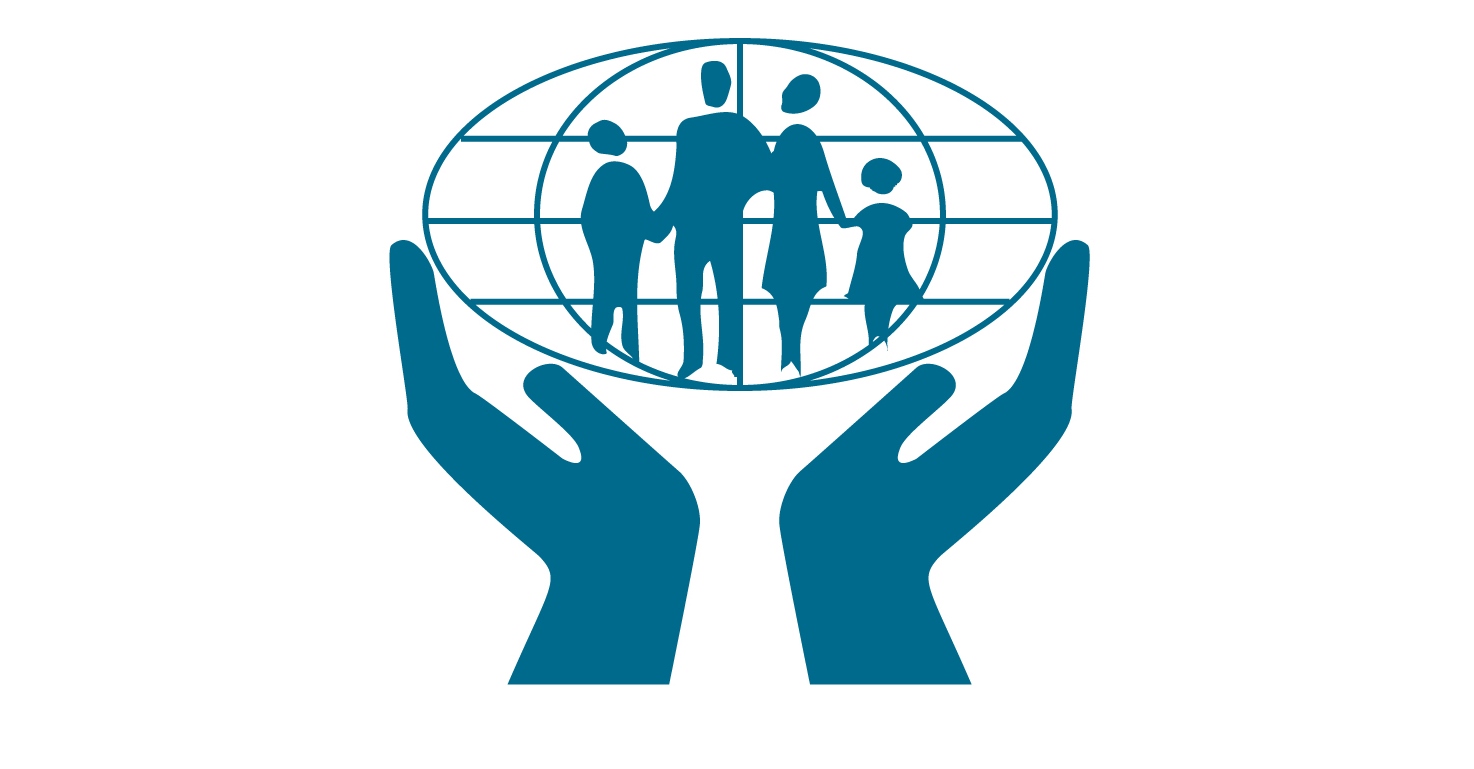Credit unions are not-for-profit financial cooperatives that offer a variety of banking products and services. They focus on keeping rates and fees low for their members.
But how are they different from banks? Here are five key ways. Credit unions are people-oriented, meaning they have a more intimate approach to their clients. This includes joining local charity initiatives and supporting startups and small businesses.
1. Access to Savings
Credit unions offer many of the same banking services as banks but with one significant difference: you are an owner. The initial deposit you make at a credit union doesn’t buy some service fee; it’s actually the purchase of a share in the cooperative, which enables you to enjoy the benefits that come with membership.
This member ownership allows credit unions to focus on what’s best for their customers and communities, rather than lining the pockets of outside investors. This results in lower fees, higher interest rates and a more personal approach to customer service.
Since many credit unions are local to specific areas, you’ll often find they support community initiatives and provide educational resources that teach money management skills. These personal touches can make the difference when you’re seeking an institution that truly cares about your financial success.
2. Access to Loans
Credit unions are designed to serve their members rather than outside investors, and that often translates into lower interest rates on loans and savings accounts. They also tend to offer lower fees on products and services, like ATM withdrawals.
To become a member, you’ll typically have to meet eligibility requirements, such as living in a certain area or working for a specific employer. You may also have to make a small initial deposit into a savings account to qualify.
But the main benefit of becoming a member is that you get to shape your financial institution’s vision and profits, instead of those of stockholders. You can also expect personalized service and a focus on your local community. Many people find this to be a significant factor in choosing a lender.
3. Access to Credit Cards
Credit unions operate on a co-op model, meaning members are part owners. This translates into lower fees, better interest rates and a bank that prioritizes the financial health of its customers over lining the pockets of outside investors.
Additionally, credit unions often offer a wider variety of financial products than banks including checking accounts, savings accounts and certificates of deposit. Some even have credit cards with a more competitive rewards program.
However, credit unions are not without their drawbacks. Most have fewer physical branches and ATMs and can sometimes offer less advanced financial services. This could be a problem for customers who want to have all of their banking needs in one place. They also tend to have more limited membership eligibility. For example, you may be required to live within a certain area or work for a specific company in order to join.
4. Access to ATMs
In addition to the financial perks, joining a credit union might also feel warmer and more familiar than a bank. Because they tend to be local or regional and service a specific community, the service you receive from them might feel more personalized.
Similarly, you might have more access to your money because credit unions participate in the CO-OP network and offer 30,000 free ATM locations (compared to brick-and-mortar banks’ 5,400 or so).
Being a member of a credit union means that you share its ownership, vision and profits, which can contribute to lower fees and interest rates. Plus, it can give you meaning and value beyond your banking experience. You might even be able to vote on the credit union’s board of directors.

5. Access to Online Banking
Credit unions offer a variety of online banking tools, including mobile apps. But they also tend to have more personal customer service.
That’s because members are part owners and vote in elections for the board of directors that runs the credit union. The profits that the credit union makes go back into the products and services it offers to its members rather than into the pockets of outside investors, which leads to lower fees, higher savings rates and great customer service.
Plus, some credit unions offer automatic alerts and text messaging to let you know when withdrawals hit or your balance drops. That’s a great feature to have if you don’t want to constantly log in to check your account. They’re also often more flexible than banks when it comes to helping their members, even if they have bad credit.



